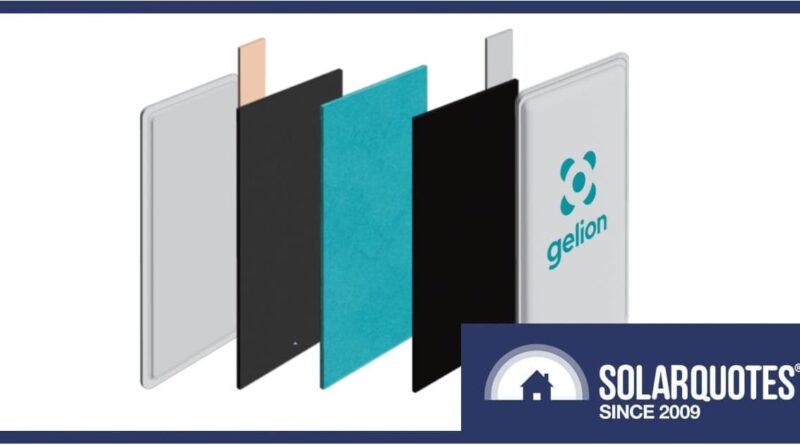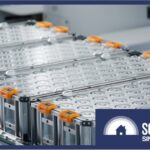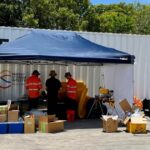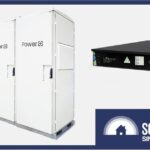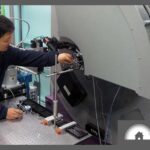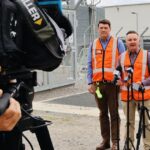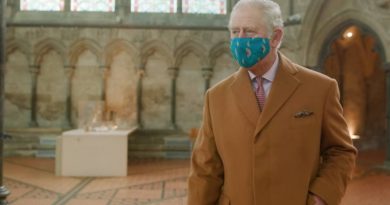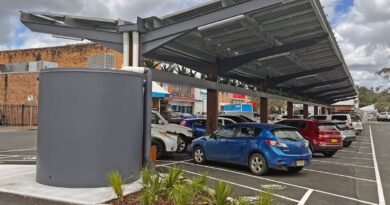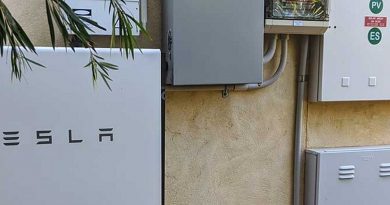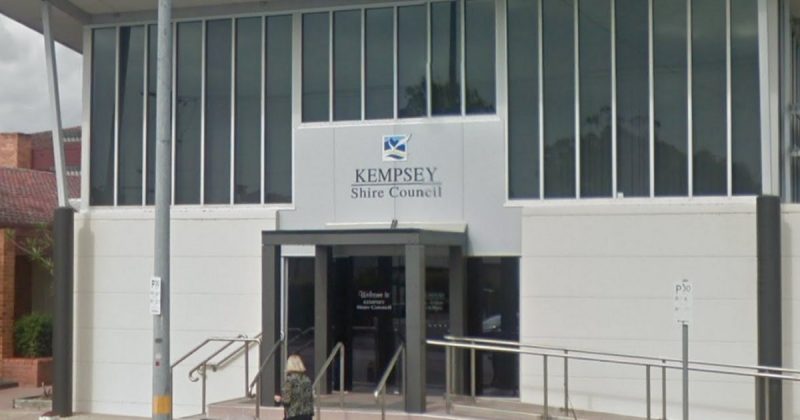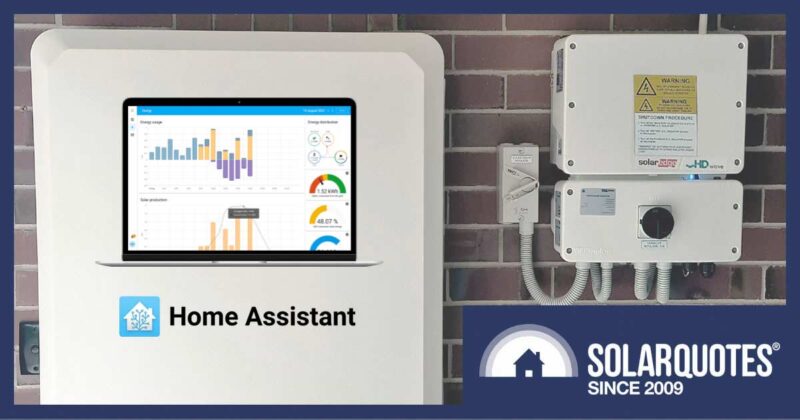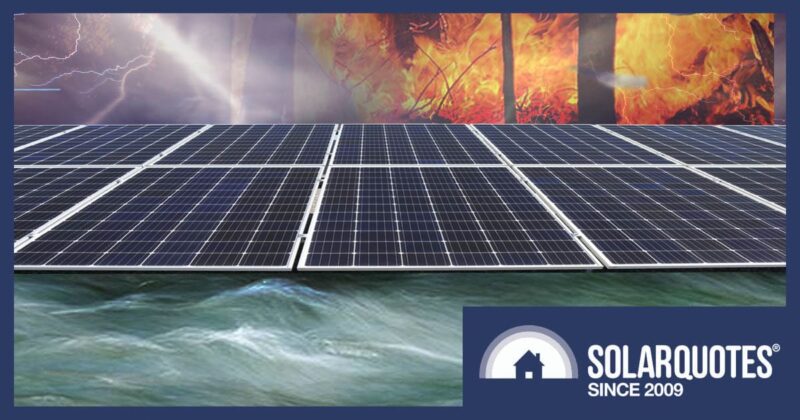Gelion Gets Australian Grant For Sulfur Battery Development
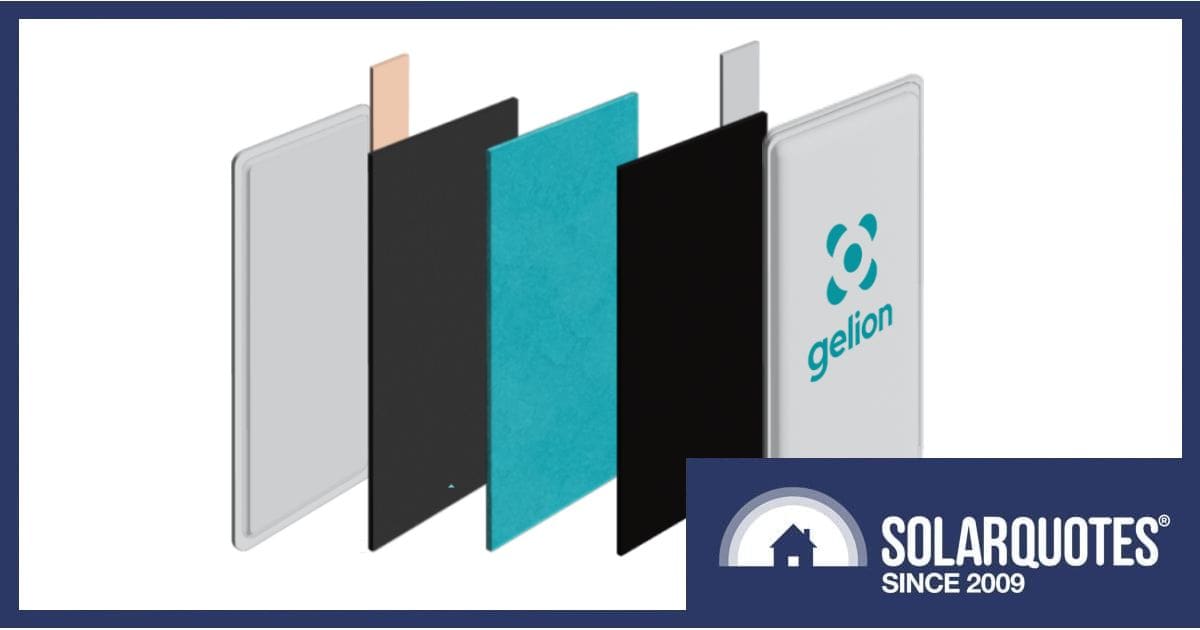
Anglo-Australian battery innovator Gelion has received an Australian Government grant to accelerate production, testing and commercialisation of its lithium sulfur (Li-S) and silicon sulfur (Si-S) battery technologies. But what happened to the zinc-bromide based Gelion Endure?
Gelion was awarded the $4.8 million grant by the Australian Renewable Energy Agency (ARENA) as matched funding for an advanced commercial prototyping centre project in Sydney, which will enable the firm to produce and optimise its next generation silicon sulfur and lithium sulfur batteries.
The firm says it has achieved 402 watt-hours per kilogram (Wh/kg) in a 12 Ah Li-S pouch cell. This is considerably higher than conventional lithium-ion, which is usually between 100-265 Wh/kg. Gelion states the use of sulfur means safer, lighter and more cost-effective batteries, with applications including electric vehicles, stationary energy storage and electric aviation uses.
Commenting on ARENA’s contribution, ARENA CEO Darren Miller said:
“The project will drive the next generation of battery technology, delivering more efficient, less expensive and more sustainable energy storage solutions.”
Among other activities, the $9.6 million project will support production of around 2,000 Li-S and Si-S cells per annum for validation with potential commercial offtake partners. Assuming initial success, Gelion will seek to scale up manufacture of the batteries.
What About The Gelion Endure?
Back in 2019, Gelion was turning heads with its zinc-bromide battery tech, a chemistry that had already been used in flow batteries. But the Gelion Endure was a non-flow battery that used a gel approach, with multiple potential energy storage applications including home batteries. Using low cost and readily available materials, the technology promised exceptional cycle life and lower production costs than lithium-ion.
In 2019, the company planned to be mass-producing Endure batteries by the end of 2021. But no plan survives contact with the enemy (or COVID) as they say; and pilot production of Gelion Endure was rescheduled to commence in early 2022. So, what’s happened since?
The last mention of the Gelion Endure in the company’s announcements was back in September 2022. At that time, Gelion stated it had established a pilot manufacturing plant at the factory of its commercial partner Battery Energy Power Solutions Pty Ltd in Western Sydney. Capable of 2MWh annual capacity, it wasn’t about to take on Tesla, but it was a solid start.
The first battery production run was to be exported to Acciona Energia, to trial the batteries at Acciona’s Montes del Cierzo solar farm in Navarra, northern Spain. Initial tests on the first batch produced indicated performance would meet Acciona’s requirements.
… and then, silence from Gelion on the topic.
There was another announcement from Battery Energy Power Solutions in December 2022; stating the firm was anticipating Gelion Endure battery products would be available for full commercial deployment mid to late 2023. That obviously didn’t happen and in March this year, Battery Energy Power Solutions said it had decided not to proceed with the partnership.
“While we are proud to have contributed to the development of the Gelion Endure products, our respective commercial objectives have led us to take different paths,” said Adrian Edgar, Executive Director of Battery Energy. “As a result, we have mutually agreed to end our partnership.”
However, a zinc hybrid battery page on Gelion’s website indicates the firm is still pursuing the development of batteries using the metal.
Original Source: https://www.solarquotes.com.au/blog/gelion-sulfur-batteries-mb3079/

